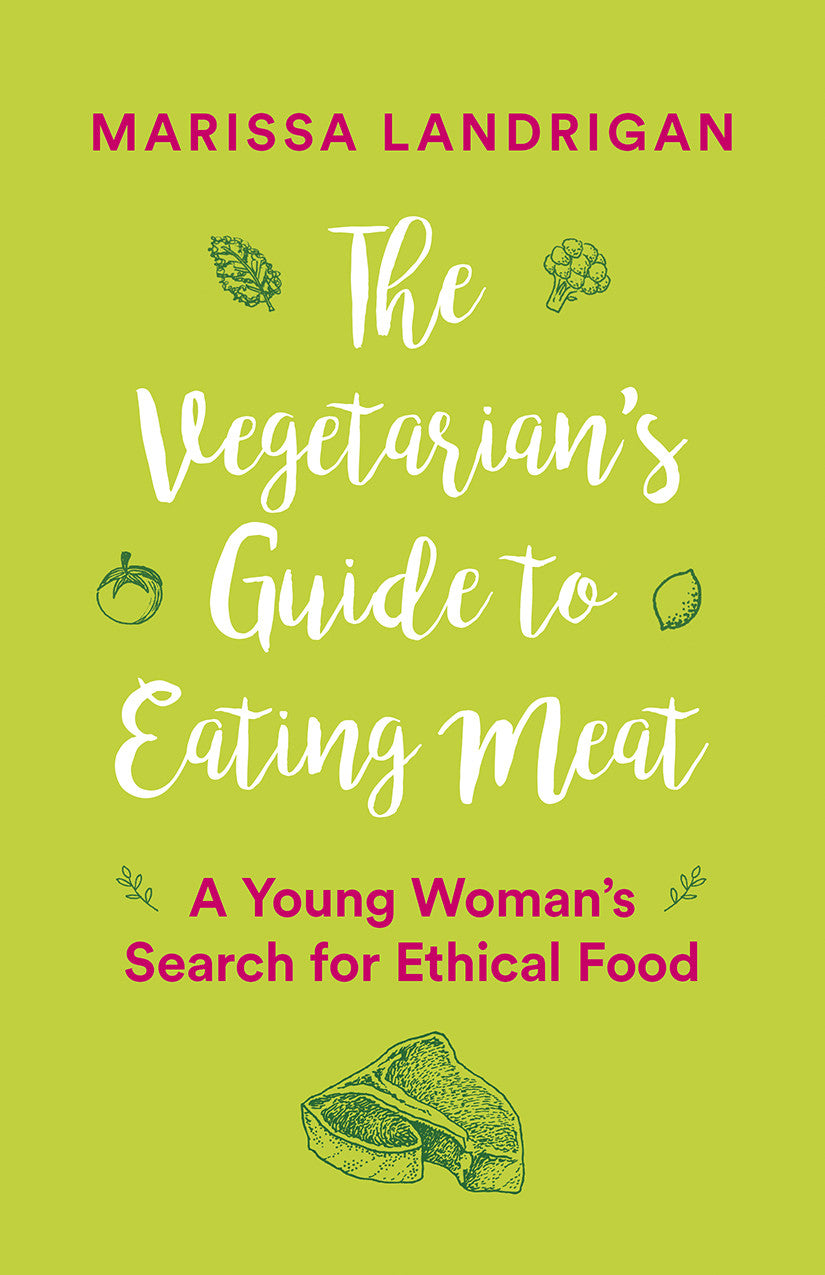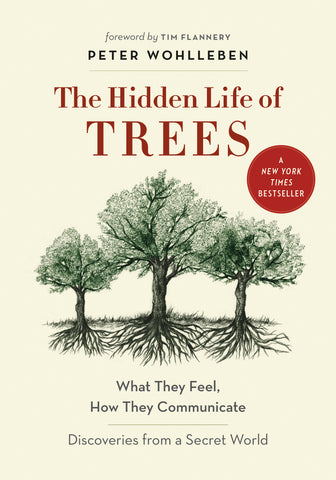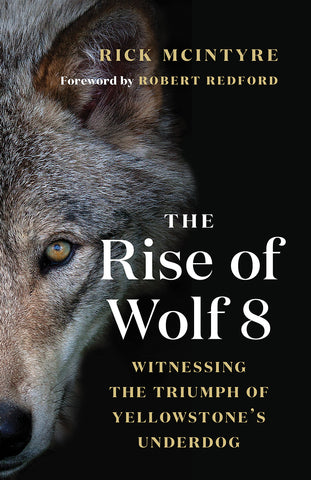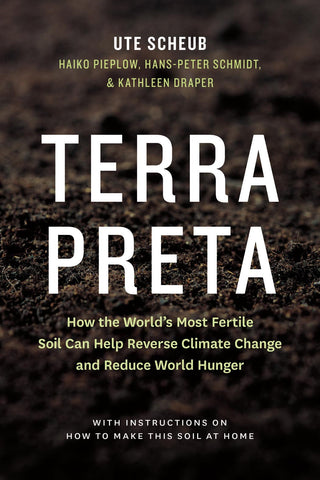The Vegetarian's Guide to Eating Meat
A Young Woman’s Search for Ethical Food
- ISBN: 9781771642743
- Tags: Food & Drink, Marissa Landrigan, Nature & Environment,
- Dimensions: 5.5 x 8.5
- Published On: 4/15/2017
- 256 Pages
Growing up in a household of food-loving Italian-Americans, Marissa Landrigan was always a black sheep—she barely knew how to boil water for pasta. But at college, she thought she’d discovered her purpose. Buoyed by animal rights activism and a feminist urge to avoid the kitchen, she transformed into a hardcore vegan activist, complete with shaved head.
But Landrigan still hadn’t found her place in the world. She criss-crossed the U.S., striving to develop her career and maintain a relationship. Along the way, she discovered that eating ethically was far from simple—and cutting out meat was not the answer. As she got closer to the source of her food, eventually even visiting a slaughterhouse and hunting elk, Landrigan realized that the most ethical way of eating was to know her food—whether meat or vegetable—and prepare it herself, on her own terms, to eat with family and friends.
Part memoir and part investigative journalism, The Vegetarian’s Guide to Eating Meat is as much a search for identity as it is a fascinating treatise on food.
Marissa Landrigan’s essays have appeared in numerous publications, including the Atlantic, Salon, Guernica, and Orion, and she runs the food-themed reading series Acquired Taste. She holds an MFA from Iowa State University and is currently an assistant professor at the University of Pittsburgh–Johnstown, where she teaches creative, professional, and digital writing.
"We are what we eat, and Landrigan holds up her plate like a mirror in this wise, compassionate exploration of her history with food. The Vegetarian’s Guide to Eating Meat is a nourishing combination of journalistic inquiry, personal recollection, and rallying cry that just might change your life."
—Benjamin Percy, author of Thrill Me, The Dead Lands, Red Moon, The Wilding and Refresh, Refresh
"In The Vegetarian's Guide to Eating Meat, Marissa Landrigan takes on her food choices with eyes wide open, no blinking ... A fresh, intimate look at what it means to eat well in America."
—Sherrie Flick, author of Whiskey, Etc.
"A heartfelt quest for connection, belonging, and honest eating, Landrigan’s book leads beyond the grocery store, awakening us to the origins of food, reminding us that the relational webs we inhabit are messy, earthy, and complex."
—Tovar Cerulli, author of The Mindful Carnivore: A Vegetarian’s Hunt for Sustenance
"[U]nflinching, clear-eyed prose."
—Molly Jean Bennett, Paste
From Chapter Eight: Corn Fed
When I became a vegetarian, I thought that working harder to get my food would make it automatically more ethical. Vegetarianism, based on what I’d learned years ago in college, was supposed to have a lighter carbon footprint, was supposed to evade corporate conglomerates disobeying federal clean water regulations and disregarding animal suffering. But that summer in Iowa, as I began to question whether anything I’d been attempting to work harder at was worth its own weight, I learned that nothing in the free market is that easy.
I wanted to do better, so I kept digging for more information, even as the revelations continued to frustrate me. I began doing my own research into the meat substitute products on which much of my diet relied. According to the Boca Burger website, the birth of this line of veggie burgers happened in Boca Raton, Florida, when a chef decided to construct a veggie burger that actually tasted good. What the website didn’t mention was that Boca was “acquired” in 2000 by Kraft Foods, the largest food processing company in North America. And it didn’t mention that, until 2007, Kraft was owned by Altria Group—the new and improved name of the public relations–
challenged Philip Morris tobacco corporation.
When I started picking away at the corporate connections in the food industry, I began to feel like an Internet crazy, like I’d suddenly become the kind of person who posts on message boards about President Obama’s fake U.S. birth certificate, or the government’s secret plan to implant microchips in every newborn baby. The more I dug, the more I convinced myself maybe I was just making mountains out of molehills—maybe I was looking too hard for something that wasn’t really there. Maybe it didn’t have to be so hard. Maybe I could just turn away, go back to my old, easy vegetarian diet.
Until I read that in 2001, a U.S. jury ordered Philip Morris to pay $3 billion in damages to a smoker suffering terminal cancer, a landmark legal victory for the anti-tobacco movement. On appeal later that year, Philip Morris had the punitive damages reduced to $100 million, but even before then, they had raised $9 billion dollars, by selling just 16 percent of Kraft Foods. Suddenly, my purchase of an ethical, meat-free Boca Burger, supposedly free from the stains of corporate greed, just went to helping an evil tobacco corporation avoid sinking into bankruptcy.
Until I also learned that Kraft owns and operates the Oscar Meyer and Louis Rich brands of deli meat and bacon, made from hogs raised and slaughtered by Smithfield Foods, one of the big three pork producers in the U.S., whose manure lagoons flooded most of North Carolina during a late-1990s hurricane, whose felony clean water violations I’d read about when I became a vegetarian. I was buying veggie burgers, but I was right back in the center of the shitstorm.





